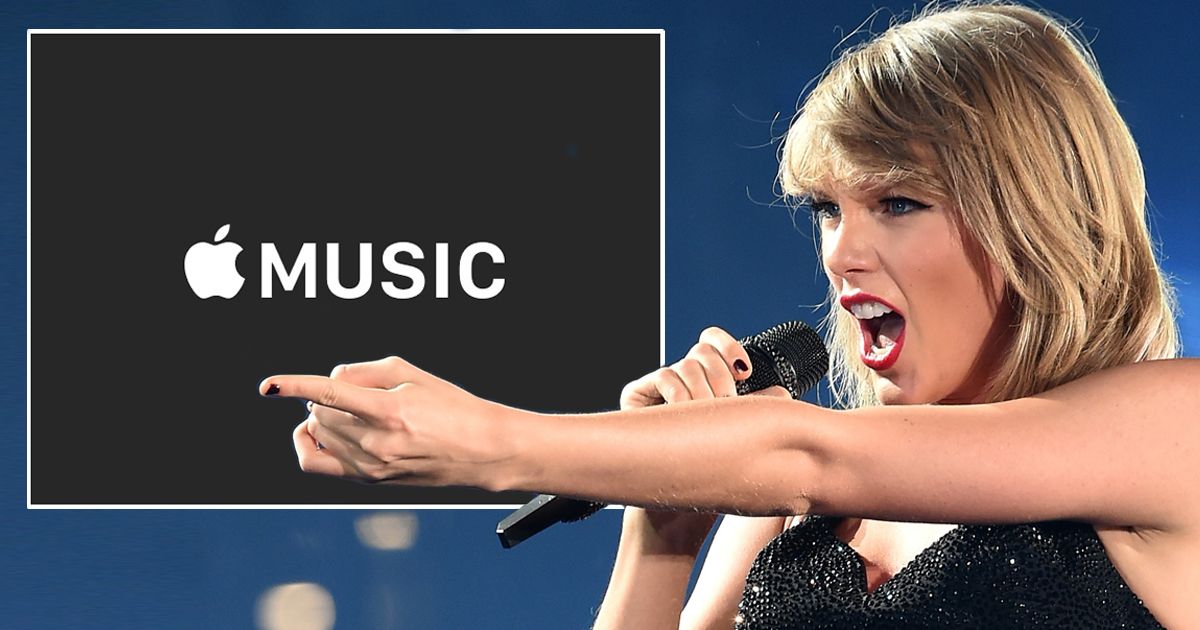Barely a couple of months after Apple Music hit a milestone marker with 27 paid subscribers, pop star Taylor Swift has officially moved to Spotify and other platforms, forcing Apple Music out of the exclusivity deal they’ve enjoyed with her for the past three years or so.
Some months before she went off Spotify, Taylor Swift wrote this in an op-ed on The Wall Street Journal:
“Music is art, and art is important and rare. Important, rare things are valuable. Valuable things should be paid for.”
A strange twist of fate has now brought Swift back to freemium mode, where Spotify users can listen to her for free, but with ads interspersed between content. Swift’s titles will also be available on Google Play Music and other platforms.
Although having exclusive talent at that level is certainly a big advantage in the streaming music world, it’s not necessarily a deal-breaker. There are actually a couple of ways to look at this.
For one, pop music is, ironically, not the most popular genre on Apple Music. A study of a month’s worth of tracks played off the free radio station, Beats 1, showed that pop music was only the fifth most played genre, after hip-hop/rap, alternative, electronic and R&B/Soul. Of course, the music for Beats 1 is picked by Apple, but it’s reasonable to assume that the programming is, at the very least, loosely based on user preferences on the paid Apple Music service.
In fact, Taylor Swift wasn’t even in the list of Top 21 artists whose tracks were played during that month.
Using this data as a reference point, I think it’s fair to say that Apple Music’s growth won’t depend too much on Taylor Swift’s discography being exclusive to it. On the other hand, since Apple Music is purely a paid subscription, apart from the free radio station offering, not having exclusive content could hurt future growth in some measure.
Either way, Apple Music has a long runway of growth ahead of it, and has the potential to double or even triple its revenues over the next few years. Spotify was already at around 20 million users when Apple Music was launched. Since that time, Spotify has gained 30 million more, while Apple Music has racked up an impressive 27 million users.
Both services have considerable growth potential, and for Apple, that’s a big deal, because the company needs to shore up the services around its core device business in light of declining hardware sales figures.
Taylor Swift or no, Apple Music must grow.
Thanks for visiting! Would you do us a favor? If you think it’s worth a few seconds, please like our Facebook page and follow us on Twitter. It would mean a lot to us. Thank you.



